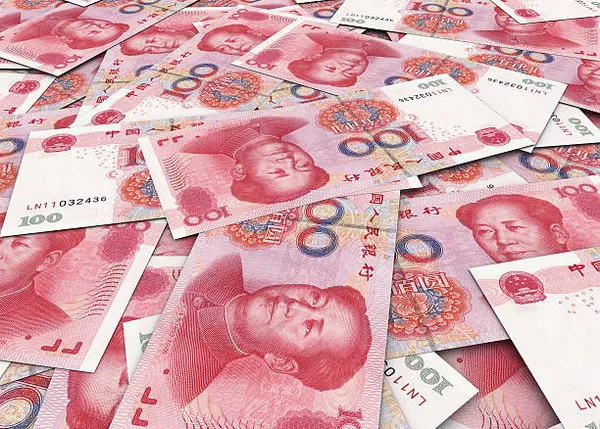In recent years, the global financial landscape has witnessed a unique phenomenon – the perception that Chinese money is remarkably cheap. This peculiarity has attracted attention from economists, policymakers, and investors alike, prompting a closer examination of the factors contributing to this perception. In this article, we delve into the reasons behind why Chinese money is often considered inexpensive and the implications this has on the global economic stage.
Exchange Rate Policy:
One of the primary reasons Chinese money appears cheap is the country’s exchange rate policy. Historically, China has been accused of keeping its currency, the yuan (CNY), undervalued to boost its export competitiveness. The People’s Bank of China (PBOC) has maintained a managed float, intervening in the foreign exchange market to prevent excessive fluctuations. By keeping the yuan’s value lower than its potential market equilibrium, Chinese goods become more affordable for foreign buyers, contributing to a perception of cheap currency.
Trade Surplus:
China consistently runs a trade surplus, exporting more than it imports. This surplus results in an accumulation of foreign exchange reserves, primarily in U.S. dollars. This surplus contributes to an excess supply of yuan in the foreign exchange market, putting downward pressure on its value. The perceived cheapness of Chinese money is, therefore, a consequence of this sustained trade surplus, as it implies a continual influx of yuan into global markets.
Capital Controls:
China maintains strict capital controls to manage the flow of money across its borders. These controls restrict individuals and businesses from freely exchanging large sums of yuan for foreign currencies. The imposition of capital controls limits the outflow of capital, creating a situation where there is an abundance of yuan within China’s borders. The excess supply of yuan can contribute to its perception as a cheap currency, especially when compared to freely convertible currencies.
Centralized Monetary Policy:
China’s centralized monetary policy, led by the People’s Bank of China, plays a significant role in influencing interest rates and money supply. The government’s ability to implement policies that impact the money supply and interest rates allows for effective control over the cost of money. By maintaining relatively low interest rates and employing various monetary tools, the PBOC can influence the availability and cost of money in the economy, contributing to the perception of Chinese money being cheap.
Economic Growth and Stability:
China’s robust economic growth and relative stability have contributed to the attractiveness of its currency. Investors often seek stable currencies with promising economic prospects, and China has demonstrated both attributes consistently over the past few decades. The country’s economic growth has made its assets and currency appealing to international investors, reinforcing the perception of Chinese money being inexpensive.
Global Economic Dynamics:
The interconnected nature of the global economy means that economic conditions in one country can have ripple effects worldwide. China’s economic policies and their impact on the global market contribute to the perception of cheap Chinese money. As China plays a crucial role in global trade, its economic decisions can influence the value of its currency and, consequently, the perceived cost of its money on the international stage.
See Also Is 1000 Yuan A Lot Of Money In China?
Conclusion:
In conclusion, the perception of Chinese money being cheap is a result of a complex interplay of economic policies, trade dynamics, and global market forces. While China’s exchange rate policy, trade surplus, capital controls, and centralized monetary policy contribute to the perception, it is essential to recognize the multifaceted nature of this phenomenon. As China continues to assert its position as a major player in the global economy, understanding the factors influencing the perceived cheapness of its currency becomes crucial for economists, policymakers, and investors alike. Ultimately, the dynamics of Chinese money underscore the intricate nature of the international financial system and the need for a nuanced approach to analyzing currency valuations.


